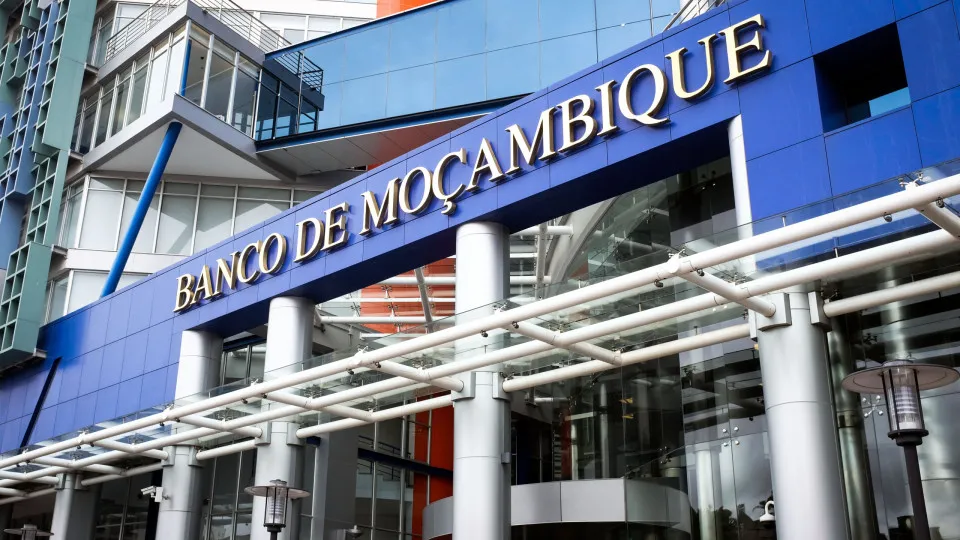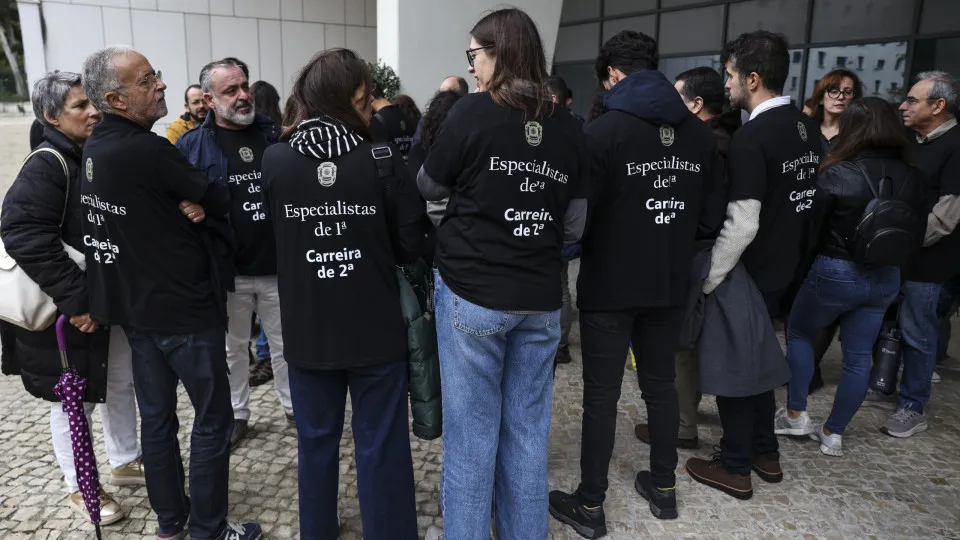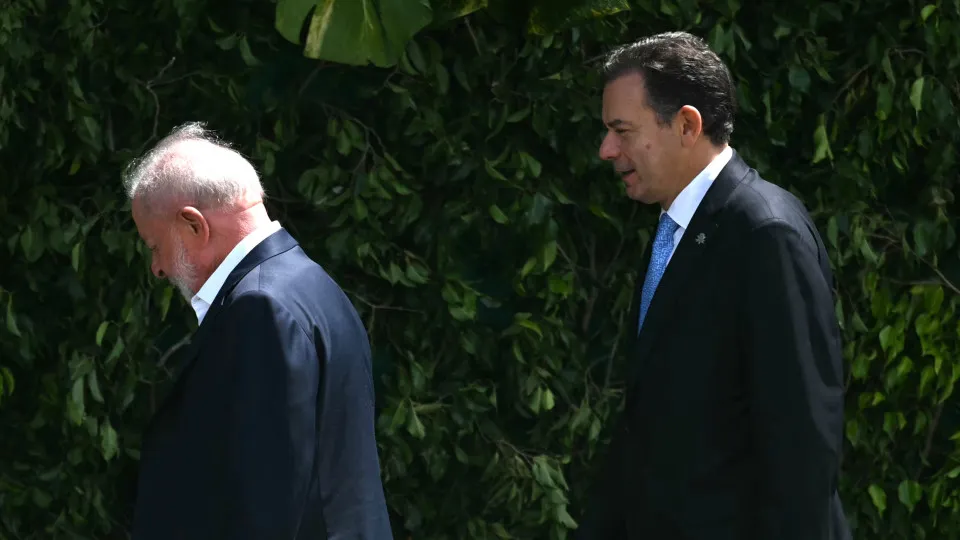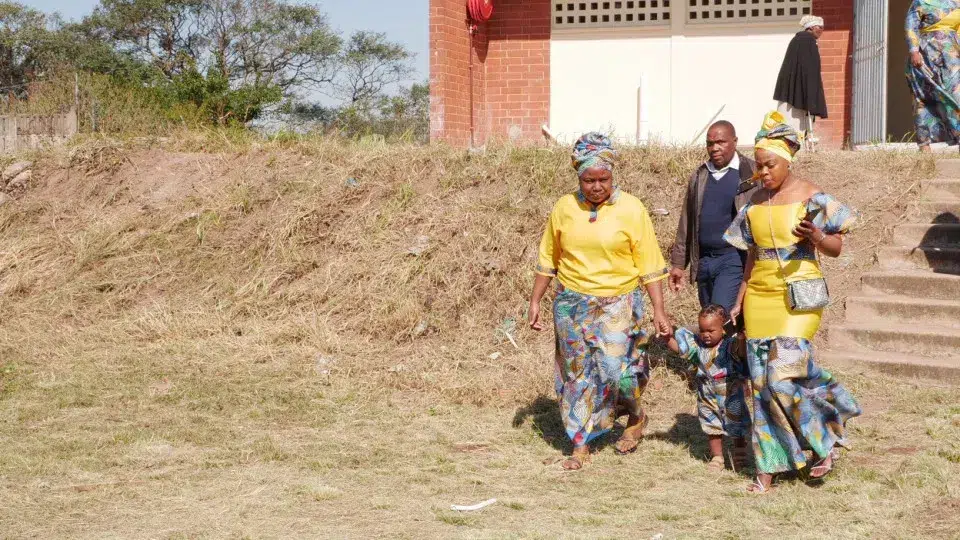
“The operational preparation for the management of Mozambique’s Sovereign Wealth Fund is awaiting only the signing of the Management Agreement with the Ministry of Finance,” stated Governor Rogério Zandamela while outlining the priorities among the institutional reforms of the Bank of Mozambique during its 50th advisory council, which concludes today in Pemba, Cabo Delgado.
Parliament approved the creation of the Mozambique Sovereign Wealth Fund (FSM) on December 15, 2023, with revenues from natural gas exploration expected to reach $6 billion (€5.152 billion) annually by the 2040s.
The fund was established in April of the following year, and since then, legal amendments have allowed for the allocation of 40% of tax and capital gains revenues from gas and oil exploration to the fund, with the remaining 60% financing the State Budget.
Mozambique’s Finance Minister, Carla Loveira, stated on October 29 that “all instruments” necessary for the “full operationalization” of the FSM “are ready,” with the management agreement’s signing forthcoming.
“The signing of the management agreement between the Public Treasury and the Bank of Mozambique is in its final stage, which will allow the fund to become operational and initiate full capitalization based on the dictates established by the FSM’s Investment Policy,” said Carla Loveira during the opening of the Finance Ministry’s Coordinating Council meeting in Maputo.
The Government plans to sign this management agreement, the final step in this process, in the coming weeks, according to previous information.
According to Carla Loveira, data as of October 23, 2025, “indicates a transitional account balance of approximately $204.5 million,” equivalent to €175.7 million, according to gas revenues channeled under the legislation.
“Between 2022 and 2024, the State collected about $165 million [€141.7 million] in taxes on oil and gas production, of which $33.6 million [€28.9 million] was channeled to the State Budget, as per the legislation in force at the time,” she explained, referring to the period before the FSM was instituted.
“The sovereign fund was designed to ensure good governance, transparency, and accountability in managing revenues from natural resources, preventing their volatile or unproductive use,” recalled Carla Loveira.
Mozambique has three approved mega-projects for the development of LNG reserves in the Rovuma basin, classified among the largest in the world, off the coast of Cabo Delgado. These include a project by TotalEnergies with a capacity of 13 million tonnes per annum (mtpa), which is in the process of resuming after a suspension due to terrorist attacks in the region, and another by ExxonMobil (18 mtpa), awaiting a final investment decision. Both projects are on the Afungi peninsula.
Additionally, in ultra-deep waters of the same basin, Area 4, a consortium led by Italy’s Eni, has been operating since 2022 with the Coral South floating unit and is now advancing to the second unit, Coral North, which is expected to start production in 2028.




